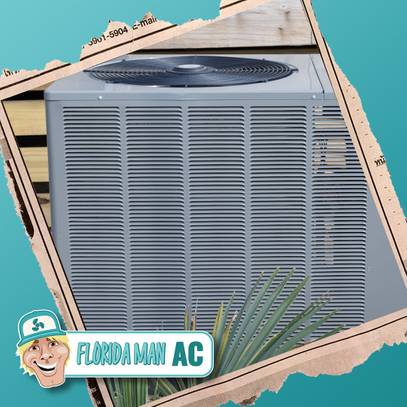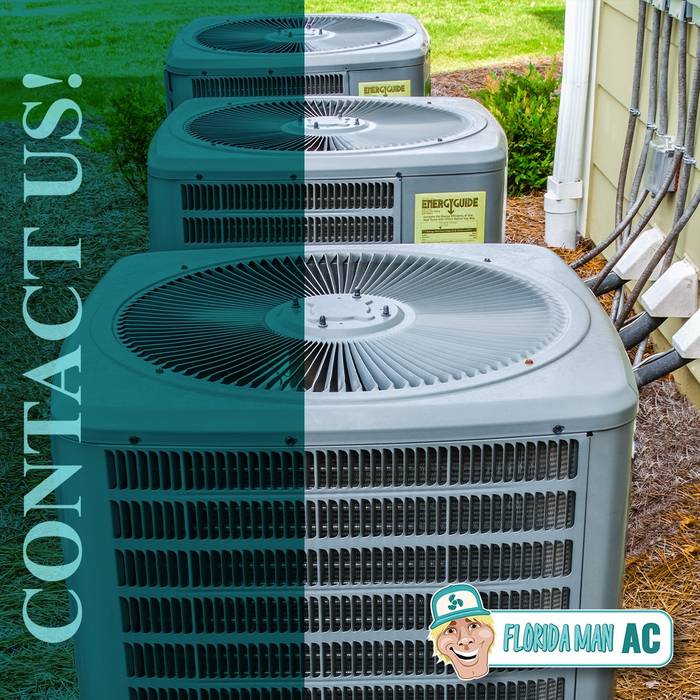Freon, also known as refrigerant, is a term commonly associated with air conditioning and refrigeration systems. While it plays a crucial role in keeping our homes and commercial spaces cool, there have been long-standing concerns about its safety. Is Freon toxic? In this comprehensive guide, we will uncover the truth about the safety of Freon and its potential risks to human health and the environment.
Is Freon Toxic?
The Role of Freon in Cooling Systems
Before delving into the safety aspects, let's first understand why Freon is used in cooling systems:
1. Heat Transfer
Freon is a type of refrigerant that has excellent heat transfer properties. It can efficiently absorb heat from the indoor air and release it outside, leading to effective cooling.
2. Phase Change
Freon undergoes a phase change from a low-pressure gas to a high-pressure liquid and back, allowing it to absorb heat inside the building and release it outside. This phase change is crucial for the cooling process.
3. Wide Application
Freon is versatile and can be used in various cooling applications, including air conditioners, refrigerators, and freezers. Its adaptability has made it a popular choice for decades.

The Safety Concerns Surrounding Freon
- Ozone Depletion
One of the most significant concerns regarding Freon is its impact on the environment. Specifically, older types of Freon, such as CFCs (chlorofluorocarbons) and HCFCs (hydrochlorofluorocarbons), were found to contribute to ozone depletion when released into the atmosphere. Ozone depletion allows harmful ultraviolet (UV) radiation from the sun to reach the Earth's surface, increasing the risk of skin cancer and other environmental problems.
Global Warming Potential
In addition to ozone depletion, some types of Freon, like HFCs (hydrofluorocarbons), have a high global warming potential (GWP). These substances can trap heat in the atmosphere, contributing to climate change and global warming.
Flammability
While Freon itself is not highly flammable, it can decompose under certain conditions, releasing toxic and flammable byproducts. This decomposition can occur in the presence of an open flame or extreme heat.
The Toxicity of Freon
Now, let's address the central question: Is Freon toxic to humans?

Inhalation Risk
Inhaling Freon gas can be harmful to human health. Common symptoms of Freon inhalation exposure include dizziness, headaches, shortness of breath, and skin or eye irritation. In more severe cases, it can lead to heart palpitations, loss of consciousness, and, in extreme situations, death.
Asphyxiation Risk
Freon can displace oxygen in confined spaces, posing a risk of asphyxiation if there is insufficient oxygen to breathe. This risk is particularly relevant when working with Freon in enclosed areas without proper ventilation.
Long-Term Exposure
Long-term exposure to Freon can lead to chronic health issues, including respiratory problems and central nervous system disorders. Workers in industries where Freon is used should take precautions to minimize exposure.
Regulations and Environmental Impact
Given the environmental and safety concerns surrounding Freon, regulatory bodies have taken action to mitigate its impact:
1. Montreal Protocol
The Montreal Protocol, established in 1987, is an international treaty aimed at phasing out the production and use of ozone-depleting substances, including many types of Freon. This treaty has been successful in reducing the release of harmful chemicals into the atmosphere.
2. Transition to Safer Refrigerants
In response to environmental and safety concerns, the HVAC (Heating, Ventilation, and Air Conditioning) industry has transitioned to safer, more environmentally friendly refrigerants, such as HFC-410A and HFC-134a. These refrigerants have lower ozone depletion potential and reduced GWP.
Safe Handling of Freon
If you work with or around Freon or have Freon-containing appliances in your home, it's essential to follow safety guidelines:
1. Ventilation
Ensure proper ventilation when working with Freon to prevent the buildup of gas in confined spaces. Always work in well-ventilated areas.
2. Protective Gear
Use appropriate personal protective equipment, including goggles, gloves, and a mask, to minimize the risk of inhalation and skin contact.
3. Qualified Professionals
If you need to service or repair appliances containing Freon, hire a qualified technician who is trained in handling refrigerants safely.
4. Leak Detection
Regularly check for leaks in refrigeration systems and repair them promptly to prevent Freon from escaping into the atmosphere.
5. Proper Disposal
Dispose of old appliances containing Freon properly, following local regulations. Avoid releasing Freon into the environment.

Is Freon Toxic
Freon itself can be harmful if inhaled or exposed to for extended periods. However, the more significant concerns lie in the environmental impact of certain types of Freon, especially those that contribute to ozone depletion and global warming.
Due to these concerns, regulatory measures have been implemented to phase out harmful refrigerants and promote the use of safer alternatives. If you work with or have Freon-containing appliances, it's crucial to take safety precautions to minimize health risks and protect the environment. Ultimately, understanding the science and regulations surrounding Freon is key to making informed decisions about its use and handling.
